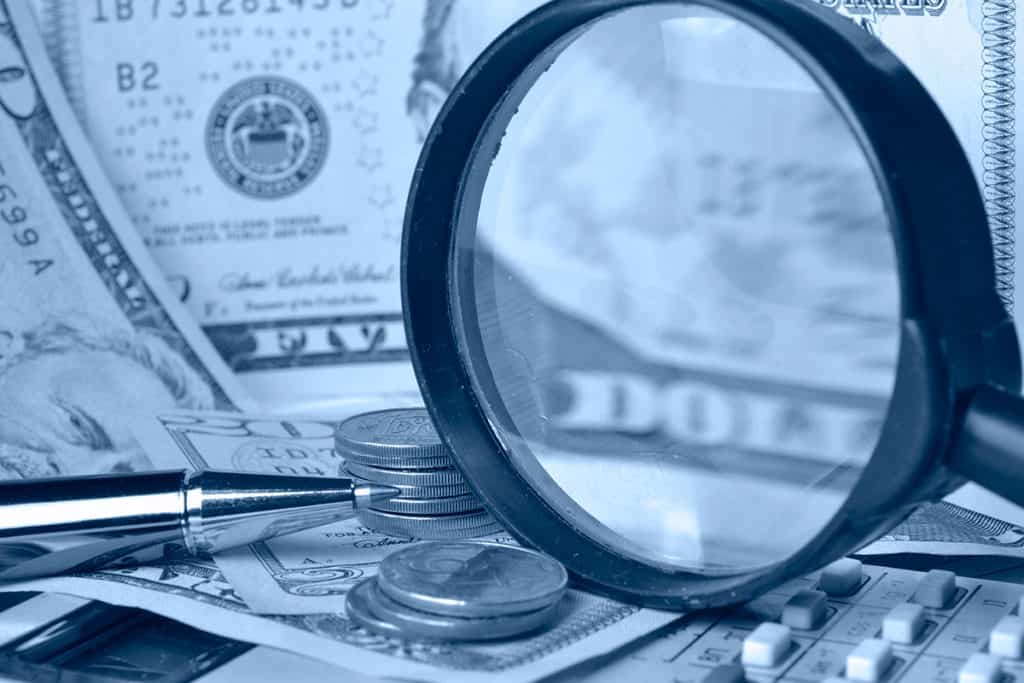Human trafficking, commonly referred to as modern day slavery, trafficking in persons, or trafficking in human beings, is perpetrated when one individual is exploited by another in myriad ways, most often by being forced or coerced to perform acts of sex or labor. The most common and major forms of human trafficking are sex trafficking, forced labor, and debt bondage. The global prevalence and profitability of human trafficking is shocking, with studies conducted by the International Labour Organization finding that an estimated 25 million individuals are trafficked each year, and roughly $150 billion dollars are generated annually. Although trafficking in persons is notoriously a transnational crime, the United Nations Office on Drugs and Crime estimates that 77% of all trafficking occurs without transporting a victim outside of their country of origin.
The Role of Attorneys General
State and territory attorney general offices play a vital role in identifying and combatting trafficking in their jurisdictions, decreasing the prevalence of trafficking within the U.S., and working to bring modern day slavery to an end.
Here are several ways in which attorneys general offices interact with anti-trafficking work.
Prevention through Awareness Campaigns
Attorney general offices are often at the forefront of leading and coordinating awareness campaigns in their states. Awareness campaigns provide a first tangible step towards educating the public, law enforcement, and event and hospitality industries to recognize the signs and perpetrators of modern day slavery. The nature and type of trafficking can vary greatly from state to state, based on factors such as the presence of an international airport, proximity to international borders, and state industry demands. Launching and facilitating state specific awareness campaigns, allows attorney general offices to prevent trafficking before it before it starts.
The examples below highlight some recent awareness campaigns conducted by state and territory attorneys general:
- Florida's Statewide Council on Human Trafficking
- Guam “Stop the Evil” Campaign
- Ohio Human Trafficking Initiative
Protection of Victims
Attorneys general work to protect victims in myriad ways. They collaborate with federal and local officials on complex and inter-and intra-border human trafficking cases. Attorneys general often work with state, federal, and local task forces to ensure community outreach and victim protection and identification to receive services, recognize human trafficking, and report cases. They also work directly with law enforcement officials and non-governmental organizations to have improved investigations and effective prosecutions.
Prosecution
Trafficking in persons cases often span across several different state agencies and jurisdictions. As states work to combat human trafficking, many attorney general offices lead the charge in creating Human Trafficking Task Forces, to work across agencies more effectively. Attorneys general prosecute human trafficking utilizing their criminal and civil authority to hold traffickers accountable. These efforts include innovative approaches to utilize statutes that allow for traffickers to pay restitution directly to victims, civil and criminal forfeiture of assets, and terms of incarceration as punishment and deterrence for their crimes.
NAAG’s Work
NAAG's efforts on International Partnerships and Strategic Collaboration organizes programs joining domestic and international participants and partners with government, civil society organizations, and the attorney general community to foster domestic and international cooperation while building capacity to train government civil servants and attorneys. Learn more about our partners.
Courses and Trainings
Policy Letters
- Human Trafficking
Attorneys General Pledge to Join FCC in Combatting Robocalls
The National Association of Attorneys General (NAAG) sent a letter to the Federal Communications Commission (FCC) for its leadership in…
- Human Trafficking
AGs Support CFPB Implementing Debt Bondage Repair Act
The National Association of Attorneys General (NAAG) sent a letter to the Consumer Financial Protection Bureau to support its intent…
- Criminal Law
- Human Trafficking
NAAG Challenges Efforts to Weaken Laws Against Human Trafficking & Sexual Abuse
The National Association of Attorneys General (NAAG) wrote a letter to the American Law Institute (ALI) urging them to reject…
Relevant Articles
- Anticorruption
- Ethics
- NAAG, Attorneys General
- Victim Assistance
- Anticorruption
- Human Trafficking
- International Fellows
- NAAG, Attorneys General





